
Read offline
Recommendation
Questions about current account deficits and international savings rates send many fiscal analysts into jingoistic declamations. But Martin Wolf isn’t that kind of economic commentator. He’s the sort who realizes that global financial markets are fiendishly complex and, thus, that easy answers are likely to be too easy. In this study, Wolf adds depth and texture to such hot topics as China’s massive savings rate and its huge foreign-currency holdings. This is primarily an economist’s analysis, so Wolf doesn’t address the way financial markets affect everyday consumers and entrepreneurs. getAbstract recommends his book to observers who seek a learned, lucid, forward-looking perspective on global financial markets.
Summary
About the Author
Noted economist Martin Wolf is the chief economics commentator at The Financial Times and professor of economics at the University of Nottingham. He is the author of Why Globalization Works and was named to Foreign Policy and Prospect magazines’ list of Top 100 Public Intellectuals.



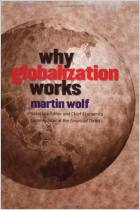
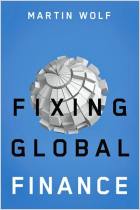
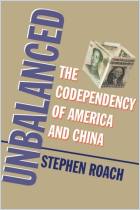
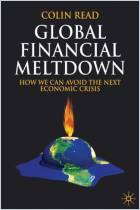
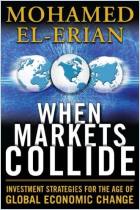
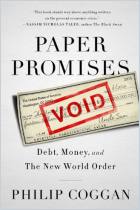
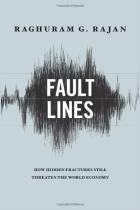



Comment on this summary